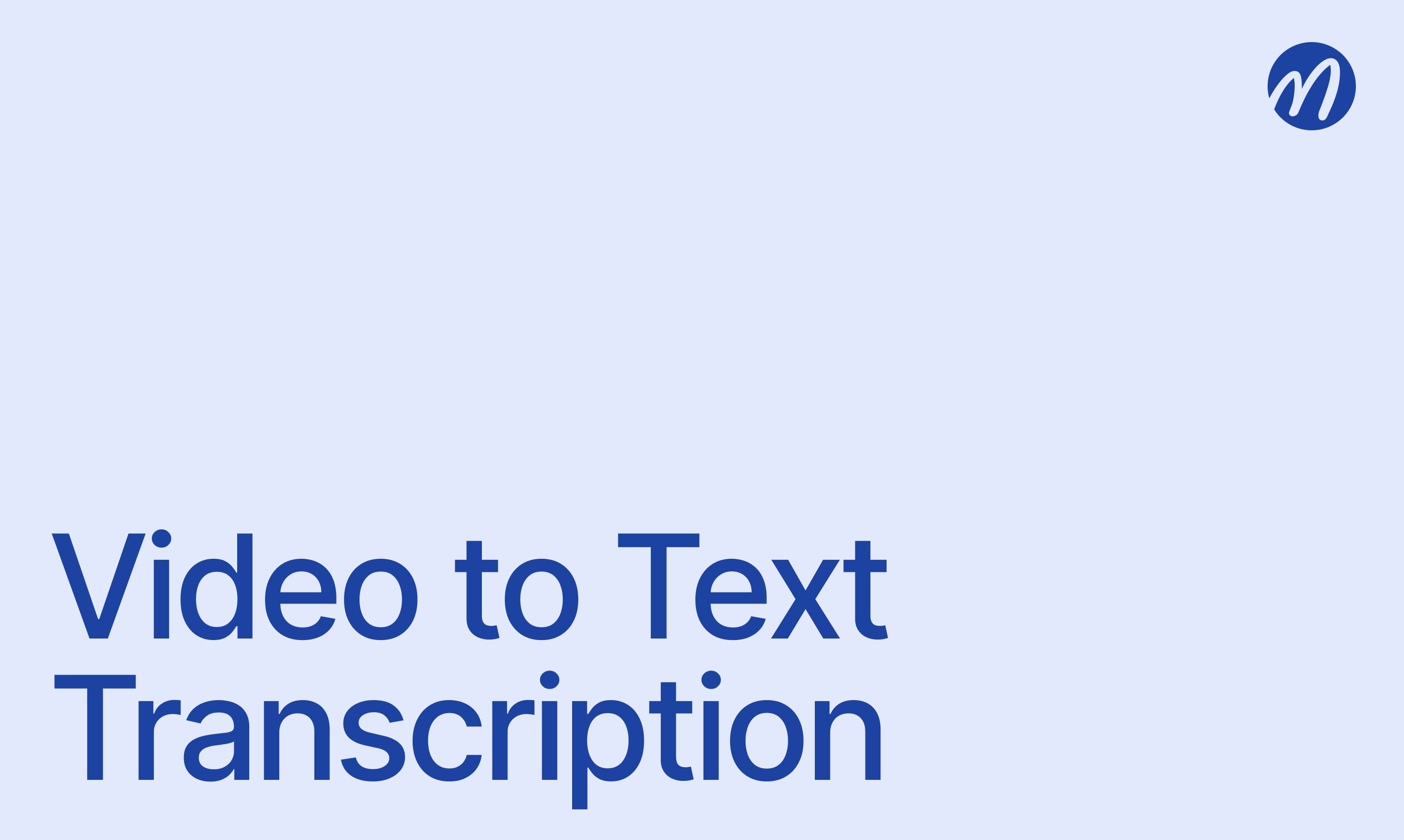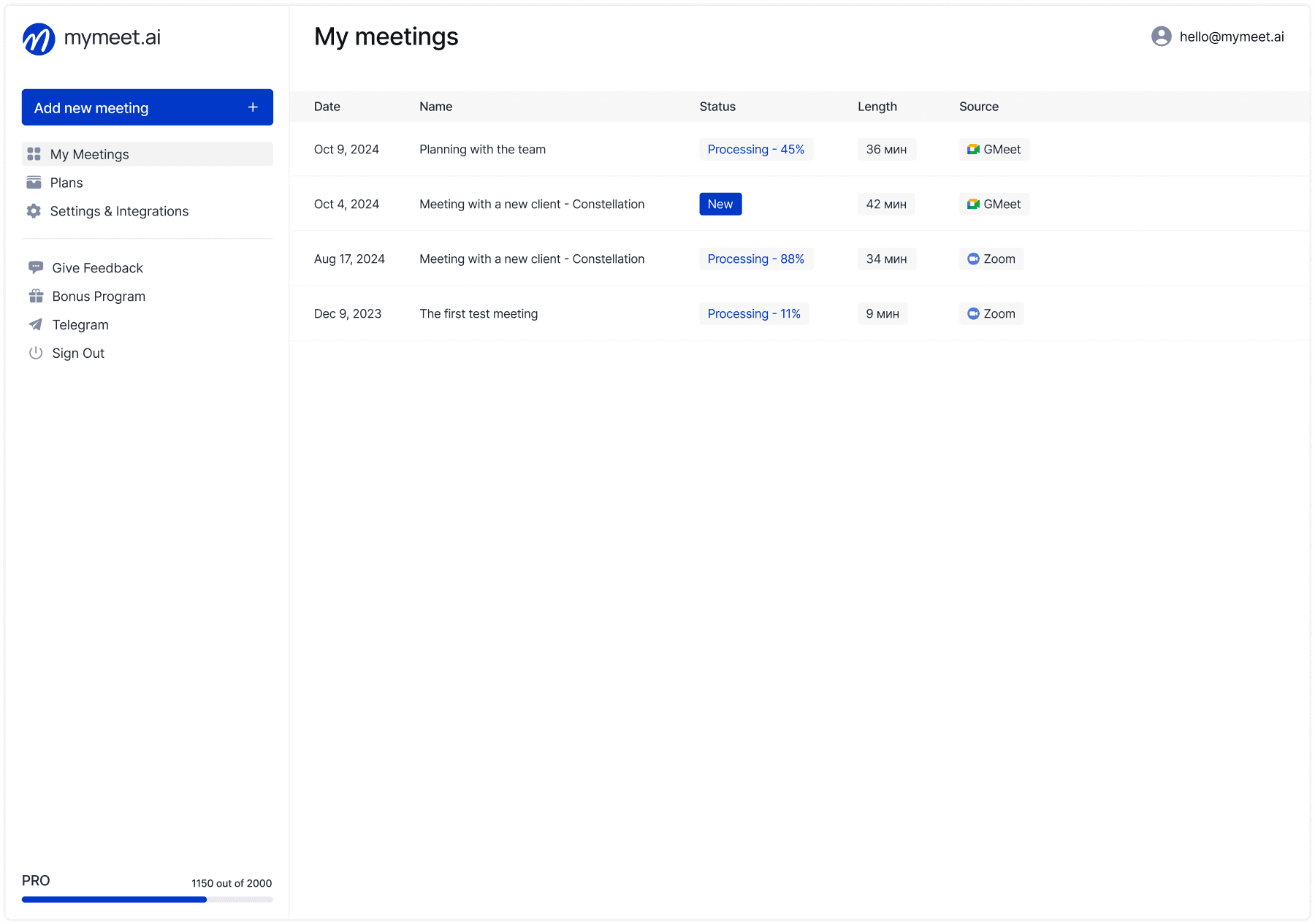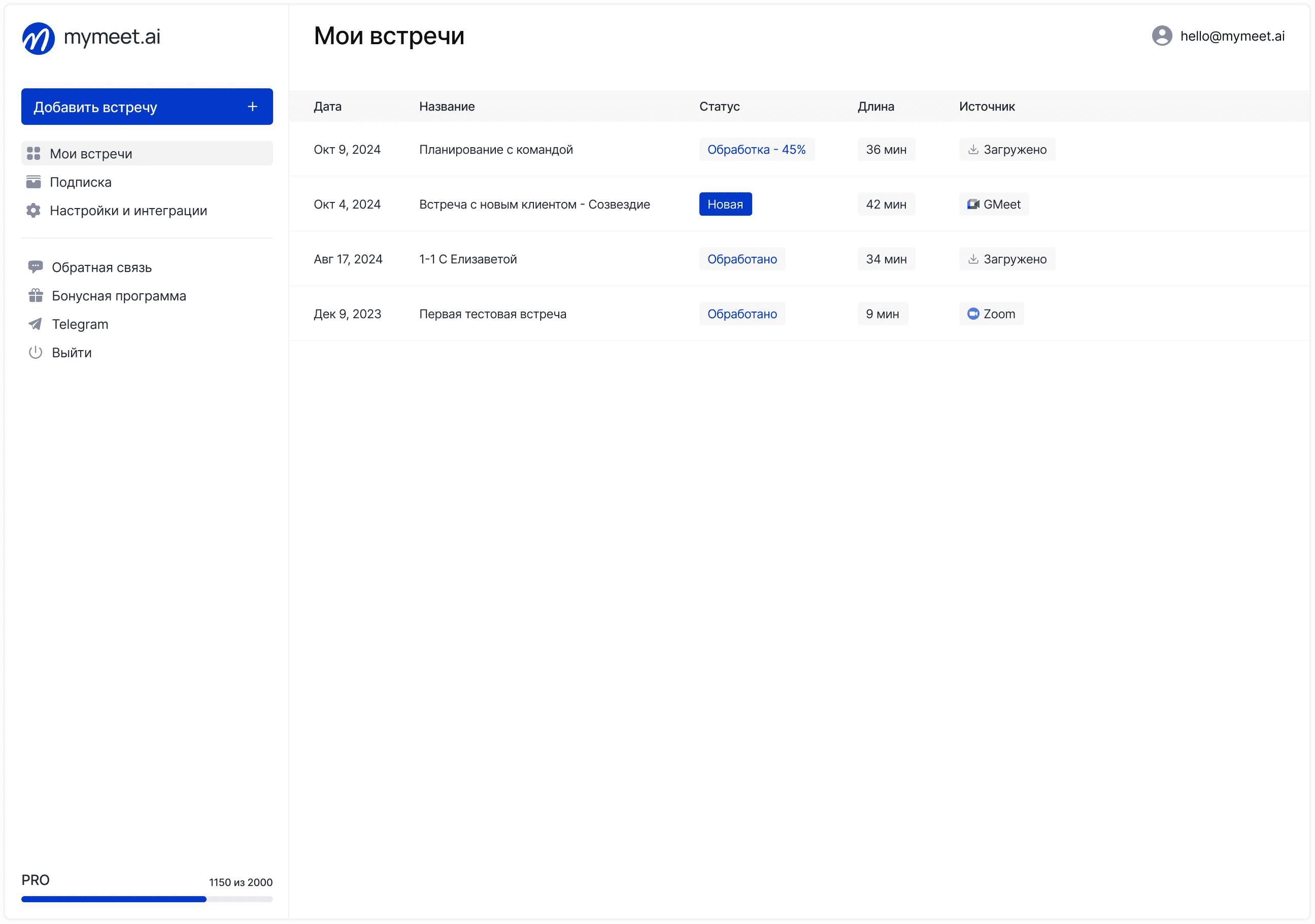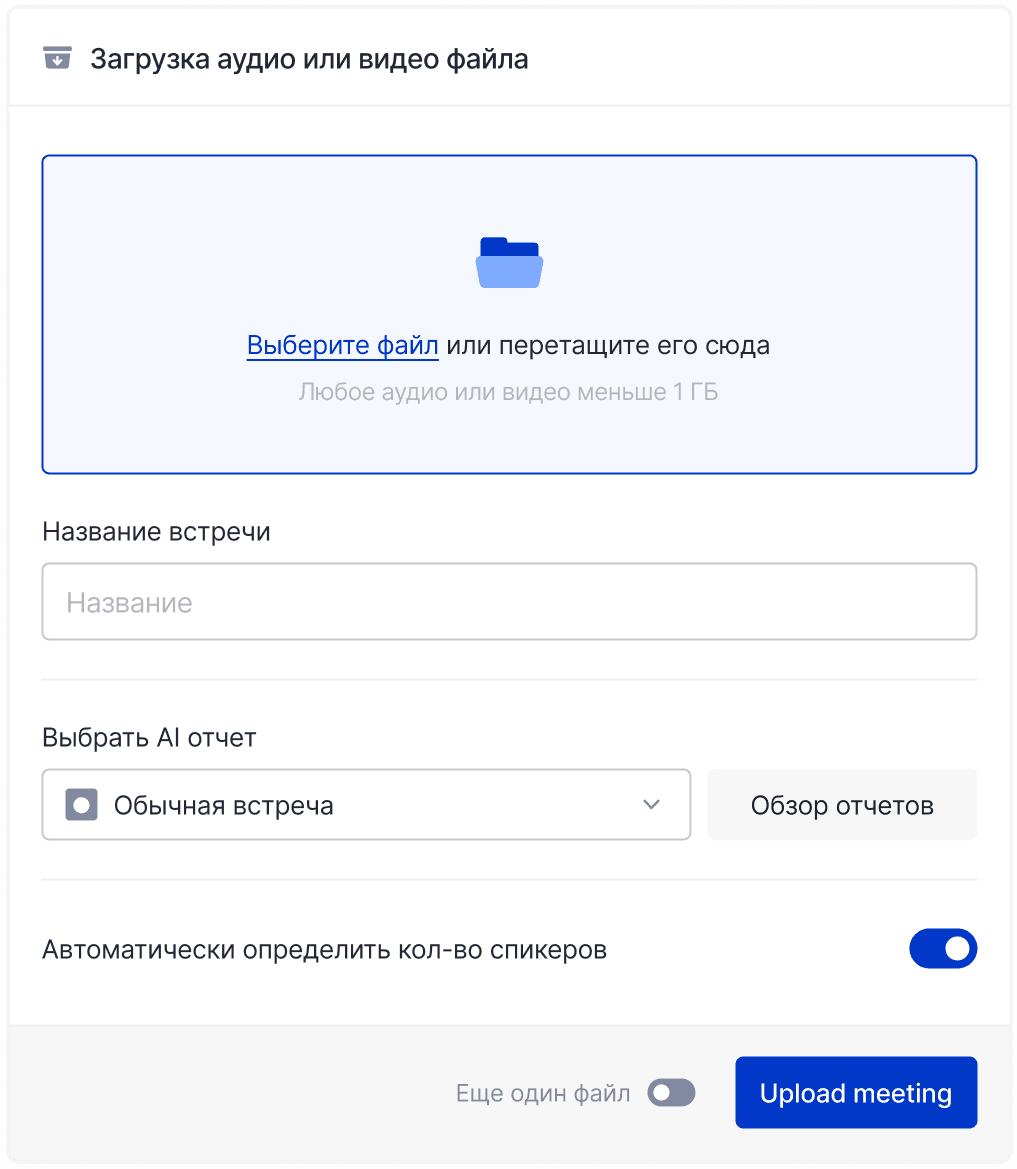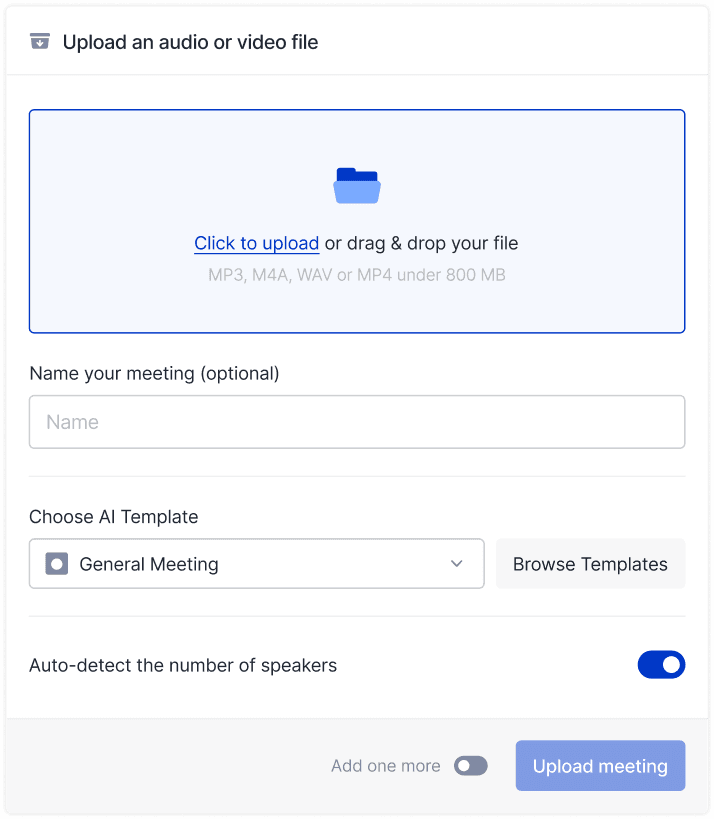Technology & AI

Ilya Berdysh
Jun 19, 2025
Claude Sonnet 4 represents Anthropic's strategic advancement in practical AI deployment, delivering state-of-the-art capabilities while maintaining the cost-effectiveness that makes it suitable for production applications at scale. This model bridges the gap between premium intelligence and operational efficiency, making advanced AI accessible for routine business workflows.
Key Takeaways: Claude Sonnet 4, released May 22, 2025, significantly improves on Claude Sonnet 3.7 with 72.7% SWE-bench performance and enhanced reasoning capabilities. Priced at $3/$15 per million tokens, it delivers frontier performance for everyday use cases, balancing intelligence with cost-efficiency for high-volume applications.
What is Claude Sonnet 4

Claude Sonnet 4 stands as Anthropic's most balanced model, designed specifically for applications requiring reliable performance across diverse tasks without the premium costs associated with flagship models. It significantly improves upon Claude Sonnet 3.7's industry-leading capabilities while maintaining the practical pricing that enables widespread deployment.
The model represents a fundamental upgrade in AI architecture, featuring hybrid reasoning that supports both instant responses and extended thinking modes. This flexibility enables optimal performance across different complexity levels while providing developers fine-grained control over computational resources and costs.
Core Technical Specifications
Claude Sonnet 4's architecture delivers substantial improvements across every dimension that matters for practical applications and production deployment.
Context Window: 200,000 tokens for comprehensive document processing
Output Capacity: 64,000 tokens for extensive code generation and analysis
Hybrid Reasoning: Instant responses or extended thinking with visible summaries
Multimodal Processing: Advanced text and image understanding capabilities
Tool Integration: Parallel tool execution with sophisticated error correction
These specifications enable processing complex technical documentation, generating substantial software projects, and maintaining context across extended problem-solving sessions. The expanded output capacity particularly benefits code generation and planning tasks that require comprehensive solutions.
Pricing and Value Proposition
Claude Sonnet 4's pricing structure positions it as the optimal choice for teams requiring advanced capabilities without premium model costs.
Input Tokens: $3 per million tokens
Output Tokens: $15 per million tokens
Prompt Caching: Up to 90% cost savings on repeated context
Batch Processing: 50% cost reduction for non-urgent tasks
This pricing makes Sonnet 4 accessible for high-volume applications while providing optimization features that can reduce operational costs by 70-90% for appropriate use cases. The model offers exceptional value for teams needing reliable AI capabilities across diverse workflows.
Claude Sonnet 4 vs Claude Sonnet 3.7
Direct comparisons reveal meaningful improvements across every benchmark that matters for practical applications, establishing Sonnet 4 as a clear upgrade from its predecessor.
Software Engineering Excellence
Claude Sonnet 4 achieves remarkable performance improvements on real-world software engineering tasks, demonstrating capabilities that significantly enhance development productivity.
Benchmark | Claude Sonnet 4 | Claude Sonnet 3.7 | Improvement | Impact |
SWE-bench Verified | 72.7% | 62.3% | +10.4% | More reliable code solutions |
Terminal-bench | 35.5% | 35.2% | +0.3% | Better command-line interaction |
Aider Polyglot | 80.2% | 70.3% | +9.9% | Superior multi-language coding |
These improvements translate to fewer debugging sessions, more reliable automated code generation, and reduced manual intervention in AI-powered development workflows. Teams report 40-50% fewer instances where AI-generated code requires significant modification.
Enhanced Reasoning and Problem Solving
The model demonstrates substantial gains in complex reasoning tasks while maintaining the reliability that makes it suitable for production applications.
GPQA Diamond: 75.4% vs 78.2% for Sonnet 3.7 (slight trade-off for efficiency)
AIME 2025: 70.5% vs 54.8% for Sonnet 3.7 (+15.7% improvement)
MMLU: 86.5% maintaining strong general knowledge performance
These reasoning improvements enable more sophisticated analysis, better problem decomposition, and more reliable decision-making in complex scenarios while maintaining the speed needed for interactive applications.
Tool Use and Agent Capabilities
Sonnet 4 shows exceptional improvements in agentic workflows and tool integration, making it ideal for automated business processes.
TAU-bench Retail: 80.5% vs 81.2% for Sonnet 3.7 (competitive performance)
TAU-bench Airline: 60.0% vs 58.4% for Sonnet 3.7 (+1.6% improvement)
Error Correction: 65% less likely to use shortcuts or loopholes
The improved reliability in tool use enables more sophisticated automated workflows with reduced need for human oversight and intervention.
Advanced Features and Capabilities
Claude Sonnet 4 introduces sophisticated features that enhance its utility for complex business applications and development workflows.
Hybrid Reasoning System
The model's hybrid reasoning capability allows users to optimize between speed and depth based on task requirements, providing flexibility that wasn't available in previous generations.
Instant Response Mode delivers immediate results for routine tasks like code completion, quick analysis, and interactive conversations. This mode maintains high quality while optimizing for speed and cost-efficiency, making it ideal for user-facing applications.
Extended Thinking Mode enables deep analysis for complex problems requiring systematic reasoning. The model shows its thought process through user-friendly summaries, helping users understand and validate its approach to sophisticated challenges.
Advanced Tool Integration
Sonnet 4's enhanced tool capabilities enable sophisticated workflows that coordinate multiple systems and data sources with improved reliability and error handling.
The model can execute multiple tools simultaneously, dramatically improving efficiency for tasks requiring diverse data sources. Enhanced error correction capabilities ensure more reliable execution of complex workflows with reduced failure rates.
Memory and Continuity
When provided with file access, Sonnet 4 demonstrates improved memory capabilities, maintaining context and building knowledge across extended sessions. This feature enables better long-term project management and more coherent multi-session interactions.
Real-World Performance and Industry Adoption
Leading technology companies across various sectors are experiencing significant improvements with Claude Sonnet 4, demonstrating its practical value in production environments.
Development Tools and Platforms
GitHub announces that Claude Sonnet 4 "soars in agentic scenarios" and will power the new coding agent in GitHub Copilot, with early internal evaluations showing up to 10% improvement over the previous Sonnet generation through adaptive tool use and precise instruction-following.
Augment Code reports that Sonnet 4 "surpasses Sonnet 3.7 with higher success rates, more surgical code edits, and more tightly scoped changes," making it their ideal choice as the primary coding model. Their regression suite pass rate improved from 46.9% to 63.1%, representing a 34.5% improvement.
Sourcegraph highlights that Sonnet 4 "shows promise as a substantial leap in software development," staying on track longer, understanding problems more deeply, and providing more elegant code quality than previous versions.
Enterprise Applications
Cognition notes improvements in "faster performance and better context understanding" that have impressed their team, leading to upgrades based on early testing results.
iGent AI reports that Sonnet 4 "excels at autonomous multi-feature app development" with substantial improvements in problem-solving and codebase navigation, reducing navigation errors from 20% to near zero.
Manus emphasizes improvements in "following complex instructions, clear reasoning, and aesthetic outputs," with the model delivering remarkable chain-of-thought reasoning capabilities.
Business Intelligence and Analytics
Clay sets "a new high water mark on internal evals for generating formulas" and enables reliable tool use for creative, data-driven outreach applications.
Zoom expresses excitement about Sonnet 4's "impressive capabilities in contextual understanding, creative problem-solving, and code generation," noting potential to improve their AI Companion's agentic task completion abilities.
Claude Sonnet 4 vs Competition: Strategic Positioning
Comprehensive analysis reveals Claude Sonnet 4's competitive advantages while highlighting scenarios where it provides optimal value compared to alternative models.
Comprehensive Model Comparison
Direct benchmarking against leading competitors demonstrates Sonnet 4's balanced approach to performance and efficiency across diverse application types.
Model | Release Date | Context Window | Input Price | Output Price | SWE-bench | GPQA Diamond | MMLU | TAU-bench | Best Use Cases |
Claude Sonnet 4 | May 2025 | 200K | $3/1M | $15/1M | 72.7% | 75.4% | 86.5% | 80.5% | Balanced performance/cost |
Claude Opus 4 | May 2025 | 200K | $15/1M | $75/1M | 72.5% | 79.6% | 88.8% | 81.4% | Premium intelligence |
GPT-4.1 | Apr 2025 | 1M | $2/1M | $8/1M | 54.6% | 66.3% | 90.2% | 68.0% | Large context tasks |
GPT-4.1 Mini | Apr 2025 | 1M | $0.4/1M | $1.6/1M | 23.6% | 65.0% | 87.5% | 33.0% | High-volume basic tasks |
Gemini 2.5 Pro | Dec 2024 | 1M | $1.25/1M | $5/1M | 63.2% | 83.0% | 85.1% | N/A | Google ecosystem integration |
Claude Sonnet 3.7 | Oct 2024 | 200K | $3/1M | $15/1M | 62.3% | 78.2% | 85.9% | 81.2% | Previous generation |
This analysis reveals Sonnet 4's sweet spot as the optimal choice for teams requiring advanced capabilities without premium pricing, particularly excelling in coding and agent workflows where it competes directly with much more expensive models.
When to Choose Claude Sonnet 4
The model provides maximum value for specific applications where its balanced approach creates significant advantages over both premium and budget alternatives.
Optimal Applications: Production coding environments, customer-facing AI agents, automated business processes, content generation at scale, and any application requiring reliable intelligence with cost consciousness.
Consider Alternatives For: Tasks requiring absolute peak performance (choose Opus 4), basic high-volume processing (choose GPT-4.1 Mini), or applications where cost matters more than capability (consider budget options).
Sonnet 4's positioning makes it the logical upgrade path for most organizations currently using Sonnet 3.7 or competing models in the same pricing tier.
Meeting Intelligence and Business Applications
Modern organizations increasingly rely on AI-powered solutions to extract value from their business discussions and strategic planning sessions. Claude Sonnet 4's enhanced reasoning capabilities and cost-effective pricing make it an excellent foundation for sophisticated meeting intelligence applications.
Advanced Analysis for Business Discussions
Organizations conducting complex strategic planning, technical reviews, and cross-functional coordination benefit from AI models capable of sophisticated analysis while maintaining cost-effectiveness for regular use. Sonnet 4's hybrid reasoning enables both quick insights and deep analysis based on discussion complexity.
Meeting intelligence platforms leveraging advanced AI models can identify strategic patterns, technical decisions, and business opportunities that traditional note-taking approaches typically miss. The enhanced reasoning capabilities enable analysis that considers long-term implications and cross-functional dependencies.
Strategic Value of AI-Powered Meeting Intelligence
Teams implementing sophisticated meeting analysis solutions experience significant productivity gains through improved decision-making speed, enhanced strategic alignment, and reduced coordination overhead. The cost-effectiveness of models like Sonnet 4 makes advanced capabilities accessible for regular business use.
Key Advantages of Advanced Meeting Intelligence

Organizations deploying AI-powered meeting analysis gain competitive advantages that extend far beyond simple transcription and note-taking capabilities.

Comprehensive Strategic Analysis: Advanced reasoning capabilities enable identification of strategic implications and business opportunities from complex discussions

Technical Decision Documentation: Sophisticated analysis of architectural decisions, technical trade-offs, and implementation approaches with consideration of long-term impacts

Cross-Functional Coordination: Enhanced ability to reconcile different perspectives and identify alignment opportunities across diverse stakeholder groups
Risk Assessment Integration: Proactive identification of potential challenges and recommended mitigation strategies based on discussion content
Institutional Knowledge Building: Systematic capture and organization of organizational decision-making patterns and strategic reasoning
Executive Intelligence Generation: Creation of sophisticated leadership briefings that capture both tactical decisions and strategic context
Cost-Effective Scaling: Advanced capabilities at pricing levels that enable regular use rather than being limited to only the most critical discussions
Implementation Considerations
Successful deployment of advanced meeting intelligence requires understanding both the technical capabilities and organizational change management needed to maximize value from AI-enhanced business processes.
Organizations typically see immediate improvements in meeting follow-through and decision tracking, with strategic benefits accumulating over time as institutional knowledge builds. The cost-effectiveness of models like Sonnet 4 enables sustainable deployment across regular business operations rather than limiting use to only the highest-stakes discussions.
API Integration and Development Implementation
Implementing Claude Sonnet 4 effectively requires understanding both basic integration patterns and optimization strategies that maximize its balanced capabilities while controlling costs.
Standard Implementation Approach
Sonnet 4's practical design makes it straightforward to implement while providing access to advanced features that distinguish it from basic models.
This implementation provides access to Sonnet 4's enhanced capabilities while maintaining the reliability needed for production business applications.
Cost Optimization Strategies
Sonnet 4's pricing structure enables sophisticated optimization strategies that can dramatically reduce operational costs for appropriate use cases.
Teams using effective caching strategies report 60-80% cost reductions for applications that reuse analytical frameworks or organizational context across multiple requests.
Extended Thinking Integration
For complex analysis tasks, Sonnet 4's extended thinking capability provides significant value while maintaining cost control through intelligent resource allocation.
This approach enables sophisticated analysis when needed while maintaining efficiency for routine tasks, providing optimal balance between capability and cost.
Implementation Strategy and Organizational Adoption
Successfully deploying Claude Sonnet 4 requires strategic planning that considers both its enhanced capabilities and the organizational changes needed to maximize value from advanced AI integration.
Phase 1: Evaluation and Pilot Implementation
Begin with systematic evaluation of Sonnet 4's performance on representative organizational tasks, establishing clear metrics and comparing results with existing solutions.
Week 1-2: Technical Assessment
Implement basic API integration with hybrid reasoning capabilities
Test performance on typical business analysis and development tasks
Evaluate cost savings through caching and batching optimization
Compare quality and speed with current solutions
Week 3-4: Workflow Integration
Deploy extended thinking for complex analytical tasks
Test tool integration capabilities with existing business systems
Evaluate user experience improvements and productivity gains
Establish optimization guidelines for different task types
This systematic approach helps identify where Sonnet 4's balanced capabilities provide maximum value while establishing best practices for broader deployment.
Phase 2: Production Scaling and Team Training
Expand implementation across production workflows while building organizational expertise in advanced AI capabilities and optimization strategies.
Process Integration:
Deploy Sonnet 4 for customer-facing applications requiring reliable performance
Implement extended thinking for strategic analysis and complex problem-solving
Integrate tool use capabilities for automated business processes
Establish quality assurance processes for AI-enhanced workflows
Team Development:
Train team members on hybrid reasoning optimization techniques
Develop expertise in prompt engineering for business applications
Create guidelines for when to use extended vs instant thinking modes
Establish cost management practices for sustainable scaling
Organizations typically see immediate productivity improvements and cost reductions, with continued gains as teams develop expertise in leveraging Sonnet 4's advanced features effectively.
Long-Term Strategic Planning
Sonnet 4's balanced positioning makes it an ideal foundation for sustained AI integration across diverse organizational functions while maintaining operational efficiency.
Competitive Positioning: Organizations effectively leveraging Sonnet 4's capabilities gain sustainable advantages through enhanced analytical capabilities, improved automation, and more sophisticated customer interactions at sustainable cost levels.
Technology Evolution: Plan for future model improvements while building organizational capabilities in advanced AI integration that will remain valuable as technology continues evolving.
Operational Excellence: Teams successfully integrating Sonnet 4 into core business processes create competitive moats through enhanced efficiency and decision-making quality that are difficult for competitors to replicate quickly.
Conclusion: The Optimal Choice for Practical AI Deployment
Claude Sonnet 4 represents Anthropic's strategic achievement in practical AI deployment, delivering frontier capabilities at pricing that enables widespread adoption across diverse business applications. Its balanced approach to performance and cost-efficiency makes advanced AI accessible for routine workflows while maintaining the intelligence needed for sophisticated tasks.
The model's hybrid reasoning architecture, enhanced tool integration, and proven success across various industries demonstrate its readiness for production deployment in demanding business environments. When combined with specialized applications like meeting intelligence, these capabilities transform routine business processes into sources of competitive advantage.
For organizations evaluating AI adoption strategies, Claude Sonnet 4 offers the optimal balance of capability, reliability, and cost-effectiveness. Its position as an upgrade from Sonnet 3.7 while competing effectively with premium models makes it the logical choice for teams ready to implement advanced AI capabilities at sustainable operational costs.
The future belongs to organizations that successfully integrate practical AI solutions into their core workflows, and Claude Sonnet 4 provides the most balanced, accessible path to achieving that transformation.
FAQ
What is Claude Sonnet 4 and how does it improve on previous versions?
Claude Sonnet 4 is Anthropic's balanced AI model that significantly improves on Claude Sonnet 3.7 with 72.7% SWE-bench performance, enhanced reasoning capabilities, and better tool integration while maintaining the same $3/$15 pricing structure.
When was Claude Sonnet 4 released and where can I access it?
Claude Sonnet 4 was released on May 22, 2025, and is available across all Claude plans (including free users), the Anthropic API, Amazon Bedrock, and Google Cloud's Vertex AI.
How much does Claude Sonnet 4 cost compared to other AI models?
Claude Sonnet 4 costs $3 per million input tokens and $15 per million output tokens, with up to 90% cost savings through prompt caching and 50% savings with batch processing.
What programming languages and coding tasks does Claude Sonnet 4 excel at?
Claude Sonnet 4 achieves 72.7% on SWE-bench and 80.2% on Aider Polyglot, excelling at multi-language coding, complex file editing, and maintaining code quality across diverse programming environments.
How does Claude Sonnet 4's extended thinking feature work?
Extended thinking allows Claude Sonnet 4 to work through complex problems systematically with visible reasoning summaries, while users control computational budgets through adaptive thinking modes.
What makes Claude Sonnet 4 better for business applications than other models?
Claude Sonnet 4 balances advanced reasoning capabilities with cost-effective pricing, making it ideal for production applications requiring reliable intelligence without premium model costs.
Can Claude Sonnet 4 integrate with existing business tools and APIs?
Yes, Claude Sonnet 4 features advanced tool integration with parallel execution capabilities, enhanced error correction, and improved reliability for automated business workflows.
How does Claude Sonnet 4 compare to Claude Opus 4 and when should I choose each?
Choose Sonnet 4 for balanced performance/cost in production applications, while Opus 4 is better for tasks requiring absolute peak intelligence and extended reasoning capabilities.
What are Claude Sonnet 4's context window and output limits?
Claude Sonnet 4 supports 200,000 tokens of context and can generate up to 64,000 tokens in responses, enabling comprehensive document analysis and extensive code generation.
How can teams optimize costs when using Claude Sonnet 4 at scale?
Teams can achieve 60-80% cost reductions through prompt caching, batch processing for non-urgent tasks, and intelligent use of extended thinking only when complex analysis is needed.
Ilya Berdysh
Jun 19, 2025



